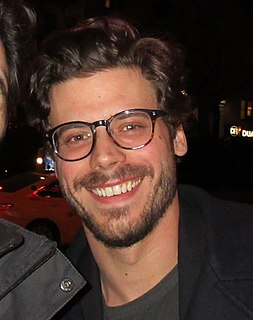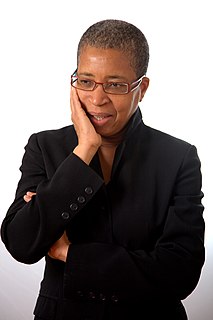A Quote by John Scott
I don't see myself as experimenting in any conscious way, it's perhaps that certain books require different densities of language.
Related Quotes
When you're working as an actor, you don't think that when you get out of school, it's going to be so hard to get a job. Just to get a job. Any job. Whatsoever. You don't think that people are going to see you in a certain way. Uta Hagen said this, "In my life, I see myself as just this, you know, kind of flamboyant, kind of sexy middle-aged woman. And then I see myself onscreen, and I go 'Oh my God.'" And it's the same thing with me. I didn't see myself any different from my white counterparts in school. I just didn't!
When I hear myself speak French, I look at myself differently. Certain aspects will feel closer to the way I feel or the way I am and others won't. I like that - to tour different sides of yourself. I often find when looking at people who are comfortable in many languages, they're more comfortable talking about emotional stuff in a certain language or political stuff in another and that's really interesting, how people relate to those languages.
The way in which the photograph records experience is also different from the way of language. Language makes sense only when it is presented as a sequence of propositions. Meaning is distorted when a word or sentence is, as we say, taken out of context; when a reader or listener is deprived of what was said before, and after. But there is no such thing as a photograph taken out of context, for a photograph does not require one. In fact, the point of photography is to isolate images from context, so as to make them visible in a different way.
There is a certain point of unity within the self, and between the self and its world, certain complicity and magnetic mating, a certain harmony, that conscious mind and will cannot direct. Perhaps analysis and the separate mastery of each element are required before the instincts are ready to assume command, but only at first. Command by instinct is swifter, subtler, deeper, more accurate, more in touch with reality than command by conscious mind. The discovery takes one's breath away.































